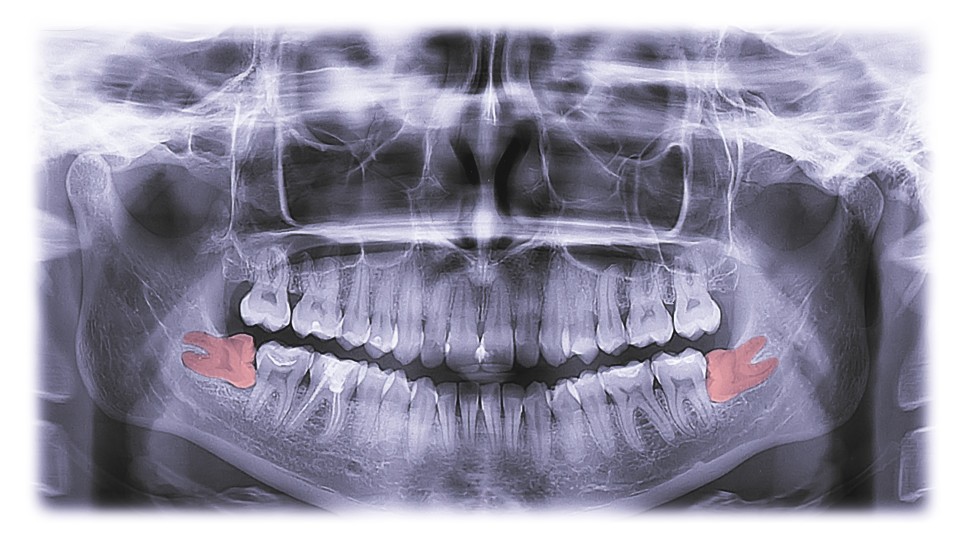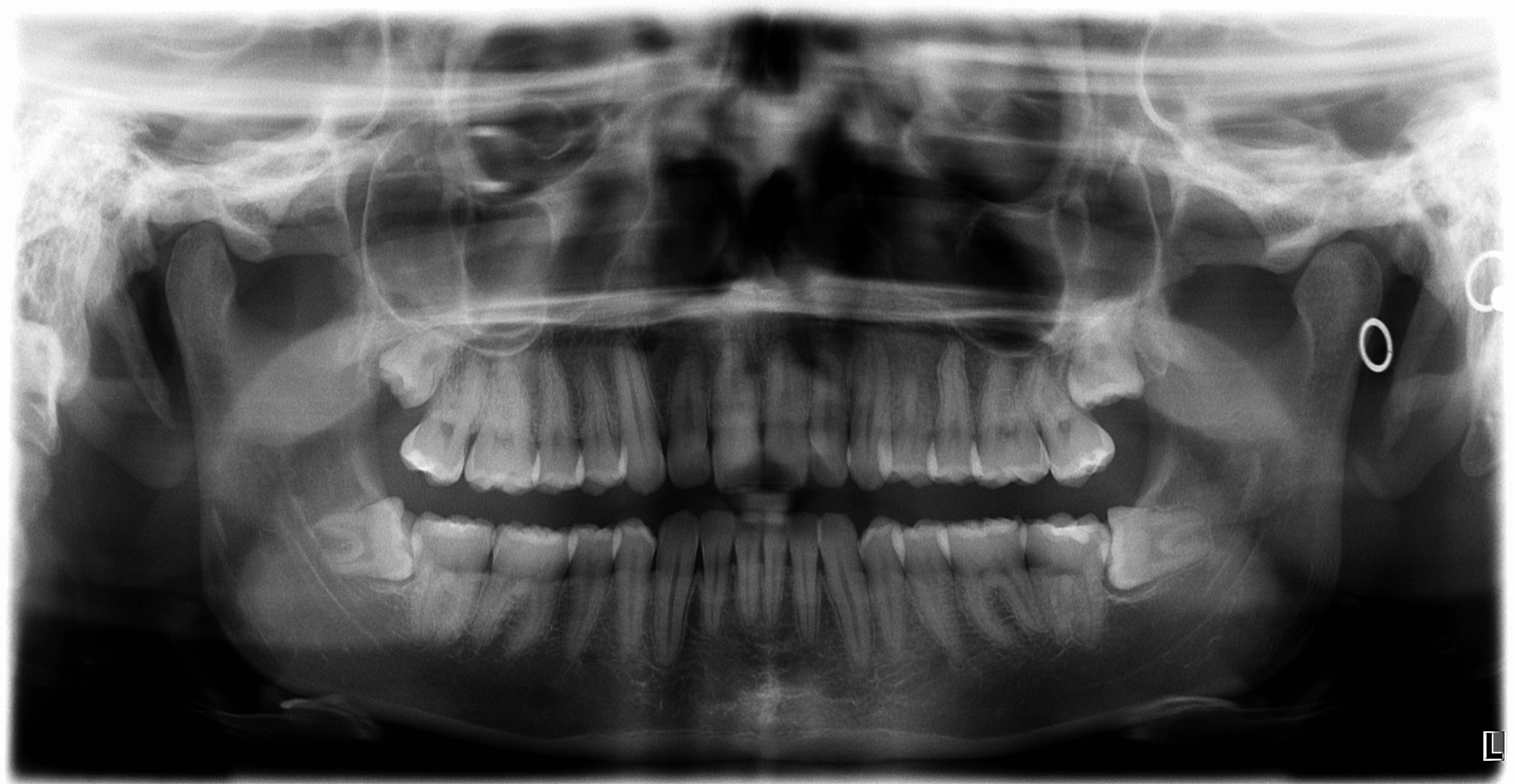Wisdom Teeth Removal Aspendale: Post-Procedure Care and Recovery Tips
Wisdom Teeth Removal Aspendale: Post-Procedure Care and Recovery Tips
Blog Article
Discovering Different Sedation Options for a Comfy Knowledge Teeth Extraction Experience
The usage of sedation during such procedures has become significantly usual to alleviate anxiety and discomfort. With a range of sedation options readily available, from neighborhood anesthetic to general anesthesia, each method uses varying degrees of relaxation and discomfort control.
Local Anesthetic
Local anesthetic is a frequently utilized method for numbing specific locations of the mouth throughout wisdom teeth extraction treatments. By carrying out an anesthetic, such as lidocaine, a dental expert can make certain that the person remains pain-free and comfy throughout the extraction process. Neighborhood anesthetic works by briefly blocking the nerves in the mouth, avoiding them from sending out pain signals to the brain. This allows the dental practitioner to execute the removal without causing any discomfort to the client.
One of the key advantages of regional anesthesia is its targeted numbing impact, which suggests that only the specific location being dealt with is affected. This localized approach minimizes the risk of systemic negative effects and enables a quicker recuperation post-procedure. Additionally, regional anesthetic is taken into consideration to be a routine and secure technique in dental care, with very little dangers entailed when administered by a qualified specialist.
Laughing Gas
Nitrous oxide, commonly understood as laughing gas, is a kind of sedation commonly used in dental care to help people relax throughout oral treatments. This sedation choice allows the individual to continue to be responsive and mindful throughout the procedure while really feeling at simplicity and comfortable.
As soon as the mask is eliminated, the impacts of the gas put on off quickly, allowing individuals to resume their normal activities without remaining sedative impacts. Nitrous oxide is ideal for patients of all ages, making it a functional sedation choice for knowledge teeth removals and other oral procedures.
Oral Sedation
Oral sedation, a pharmacological technique employed in dentistry, includes the administration of sedative medicines by mouth to induce an unwinded state throughout oral procedures. The drugs suggested for dental sedation belong to a course of medications called benzodiazepines, which have sedative, anxiolytic, and amnesic residential properties.
One of the main advantages of dental sedation is its convenience of administration. Unlike intravenous sedation, dental sedation does not require needles or injections, making it a more comfortable option for individuals with an anxiety of needles. In addition, dental sedation is thought about efficient and secure when administered by trained oral experts. Nonetheless, it is crucial for individuals to follow pre-operative instructions offered by their dental expert, such as avoiding from consuming or consuming alcohol before the treatment to guarantee the sedative medication works as meant.
IV Sedation
Carried out intravenously by trained physician, IV sedation is a powerful approach used to cause a regulated state of deep leisure and unfamiliarity during oral procedures. Unlike dental sedation, which can be uncertain in its impacts, IV sedation permits exact control over the level of sedation, making it a suitable selection for intricate treatments like wisdom teeth removals.
Throughout IV sedation, a sedative drug is delivered directly into the bloodstream via a capillary, enabling it to take effect swiftly and successfully. This approach makes sure that the patient stays comfy and unaware of the treatment while still maintaining essential features such as breathing and heart rate.
One of the primary benefits of IV sedation this article is its capacity to supply a much deeper degree of sedation compared to various other methods, making it particularly appropriate for clients with high degrees of anxiousness or those undergoing extensive dental job (wisdom teeth removal aspendale). Furthermore, the effects of IV sedation normally put on off slowly after the treatment, reducing the probability of grogginess or lingering negative effects. On the whole, IV sedation provides a effective and risk-free choice for making sure a comfy and hassle-free experience throughout knowledge teeth removal

General Anesthetic
Having talked about the advantages of IV sedation for knowledge teeth removal, the use of basic anesthesia gives a different choice for individuals calling for a much deeper degree of unfamiliarity throughout oral procedures. General anesthesia induces a regulated state of unconsciousness, making certain the client really feels no pain or pain during the extraction process. This method is specifically beneficial for people with extreme dental anxiousness, complicated medical requirements, or those undergoing numerous extractions at the same time.
General anesthesia is administered by a qualified anesthesiologist that very closely keeps track of the client's crucial indications throughout the treatment. It includes the usage see this website of intravenous drugs or inhaled gases to cause a state of unfamiliarity. While under basic anesthesia, the client will not be mindful of the surgical treatment, experience any kind of pain, or have any kind of recollection of the treatment afterward.
Although basic anesthesia is risk-free when administered by qualified professionals, it lugs a somewhat higher risk compared to various other sedation options - wisdom teeth removal aspendale. Patients taking read this post here into consideration general anesthetic for wisdom teeth removal should discuss the prospective threats and advantages with their dental professional or oral surgeon to make a notified decision based upon their specific requirements and case history

Verdict
In verdict, different sedation choices are readily available to make certain a comfy wisdom teeth extraction experience. Oral sedation and IV sedation offer deeper levels of relaxation, depending on the patient's needs.
Nitrous oxide is appropriate for clients of all ages, making it a flexible sedation alternative for knowledge teeth extractions and other oral treatments.

Report this page